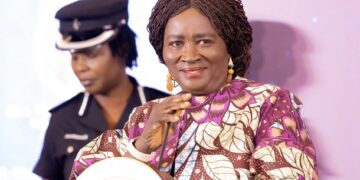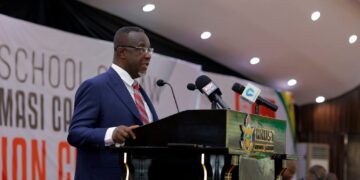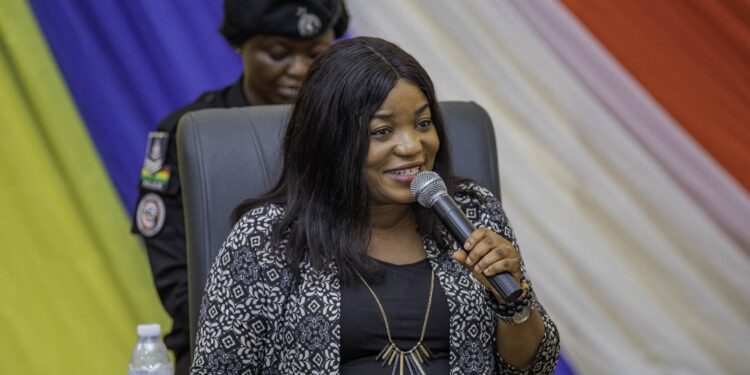A High Court Judge, Justice Dorinda Smith-Arthur says Ghana had made significant strides in ensuring gender equality.
she cited various positions within the jurisdiction that were held by women as examples and the fact that the state had signed and agreed to be a party to the various treaties and agreements advocating for gender equality.
“We have the Children’s Act, we have the Domestic Violence Act, we have the Abuse Law, and quite recently, we have the Affirmative Action Act. July 2024, we passed it. One of the things that I want am excited about is that at least 30% of public leadership positions will be given to women.”
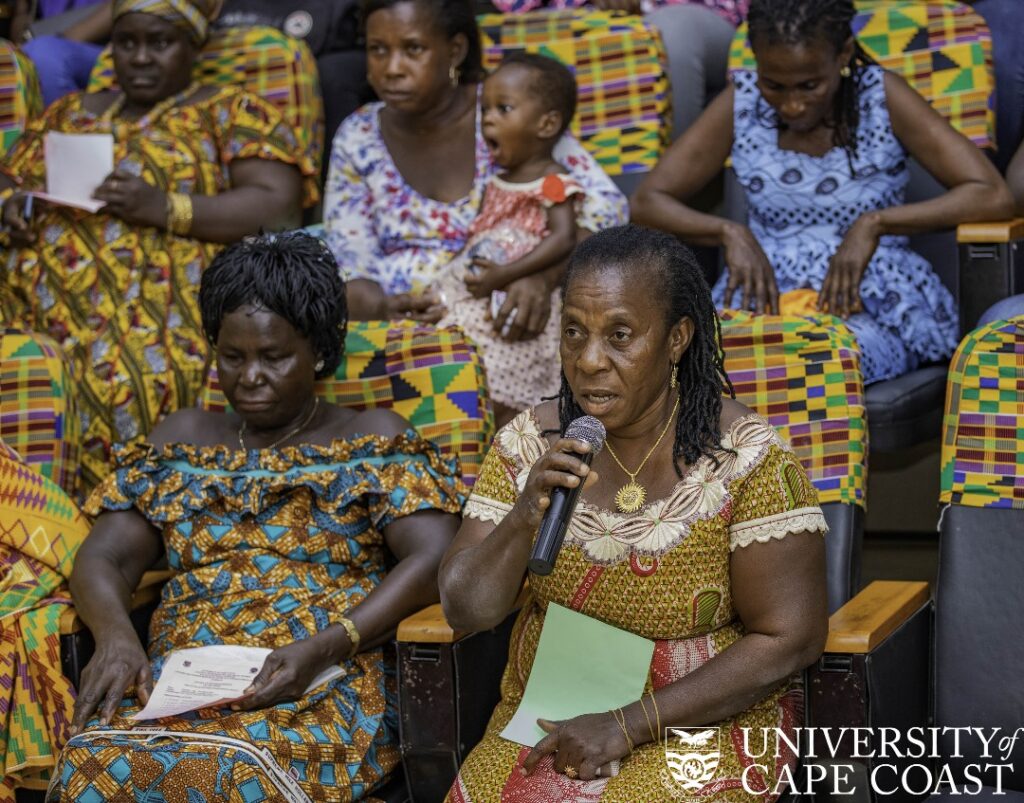
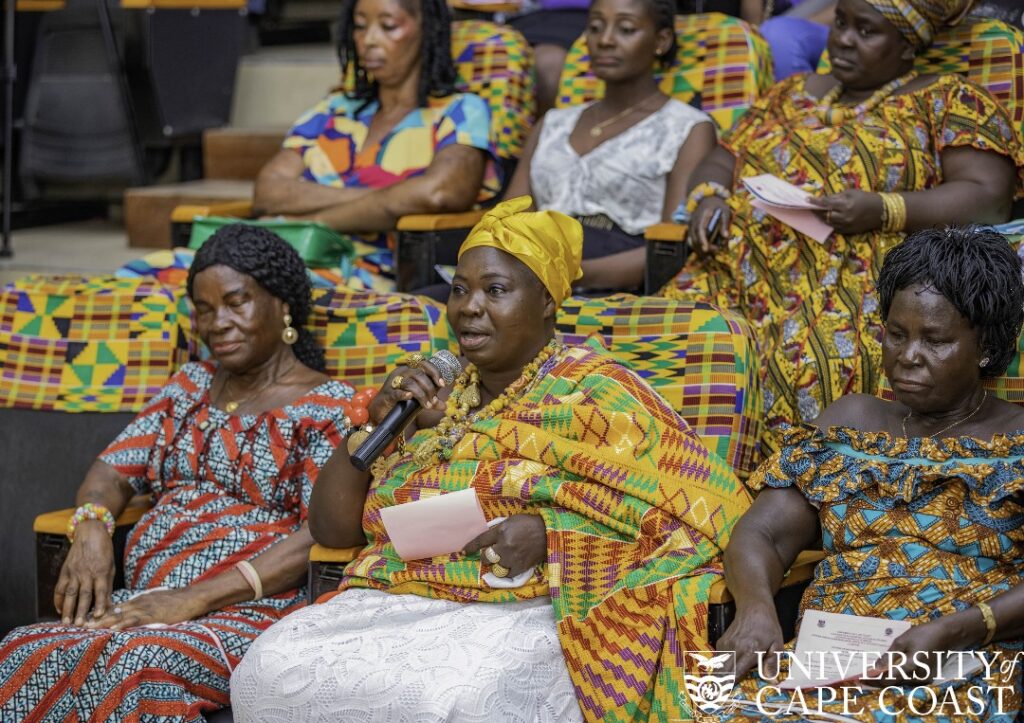
Justice Dorinda Smith-Arthur was Speaking at a day’s workshop on the topic “The State of Gender Awareness in Ghana.”
The workshop was organized by the Centre for Gender Research, Advocacy and Documentation (CEGRAD) at the University of Cape Coast.
Justice Dorinda pointed to key strides in leadership representation with women occupying key roles as the Chief Justice, Judiciary Justice and the Vice Chancellor of the University of Ghana.
She intimated that gender inequality had a severe impact on access to justice for women, indicating that cases of injustice against women were usually arraigned when all other attempts of resolution had failed.
She especially emphasized concerns about sexual offences where women remain mute for fear of losing their jobs.
ICYMT: 10 signs you’re a genuine introvert, according to psychology
“And so, if a woman is abused at her workplace and she brings it to court, she might lose her job. When she is in search of another job and the next employer hears about the case, they would not employ her. Thus, she will remain mute and suffer the abuse.”
Justice Smith-Arthur admitted that in as much as the world was aiming at bridging the gender gap, males should not be relegated to the background, stressing that it would cause more harm if priority was only given to women.
The event aimed at creating a dialogue for the discovery of strategies to address gender inequality issues.
It brought together key stakeholders in the fight against gender inequality including traditional authorities, the clergy, faculty of the university, students, the media and researchers
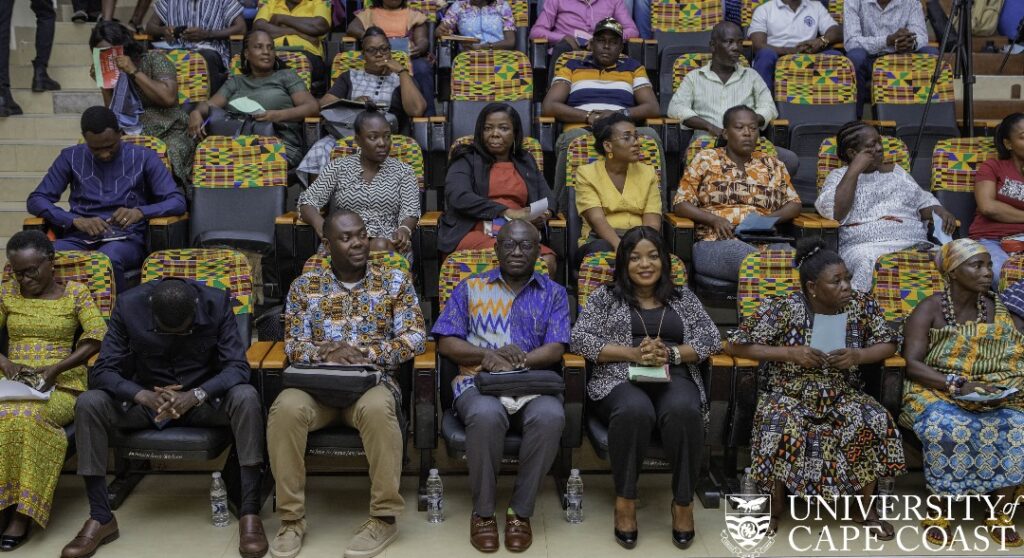
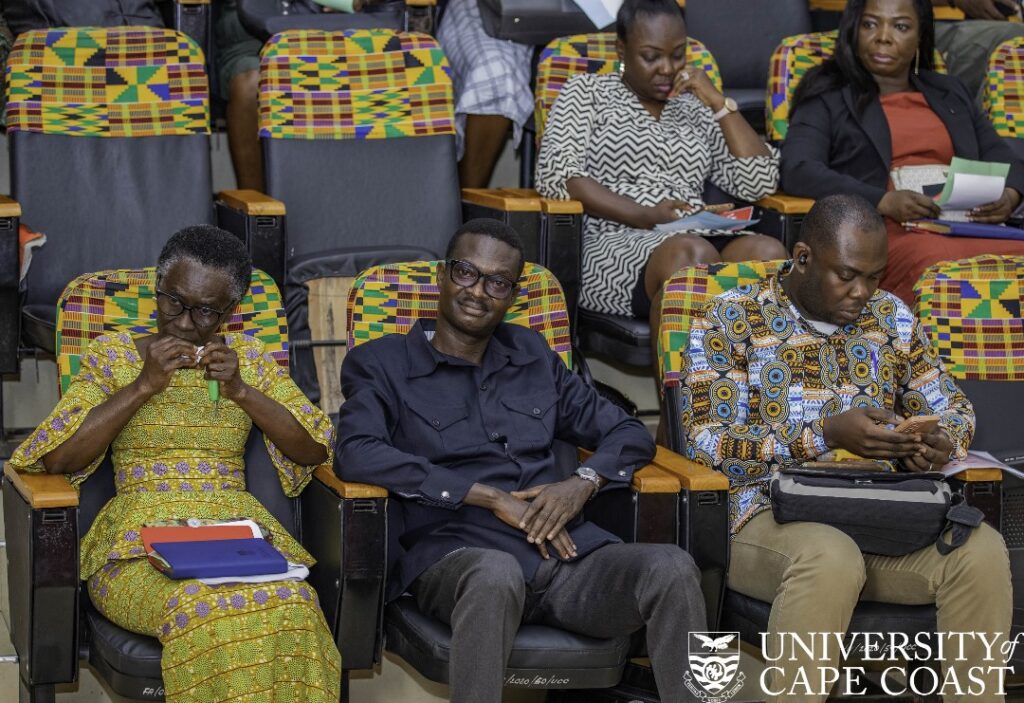
Source: Afote Asomdwoe Laryea/ATLFMNEWS



